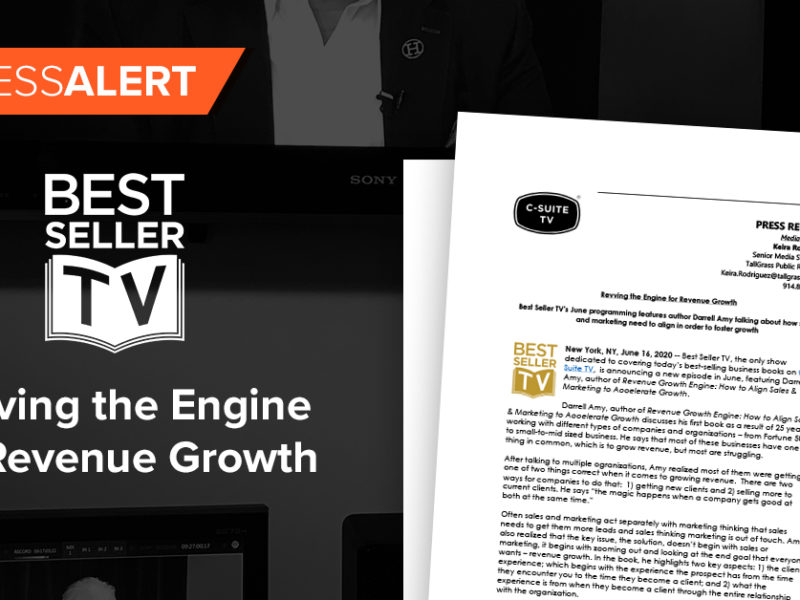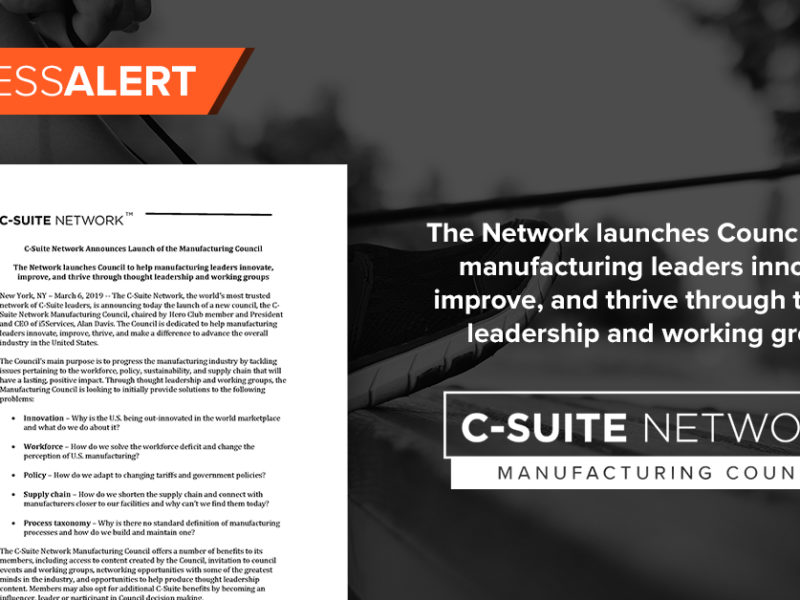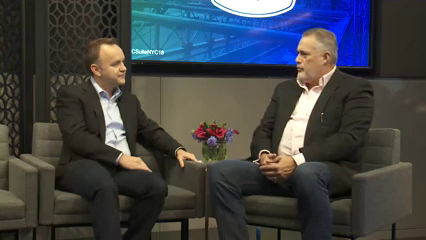
Executive Briefings: Part 1 – Navigating the New Presidential Administration
Executive Briefings: Part 1 – Navigating the New Presidential Administration https://csuiteold.c-suitenetwork.com/wp-content/uploads/2017/02/PPI_500x500_v-1024x1024.jpg 1024 1024 C-Suite Network https://csuiteold.c-suitenetwork.com/wp-content/uploads/2017/02/PPI_500x500_v-1024x1024.jpgThe C-Suite is a vast audience of leaders who all have a little extra insight into their industry and the current business world. I sit down with these leaders to give them the opportunity to share that insight and give a glimpse to their personal stories as a business leader. I recently had the opportunity to interview Dr. Michael Mandel. Dr. Mandel is the chief economic strategist at the Progressive Policy Institute in Washington.
What is the Progressive Policy Institute? What do you do?
We are a Washington-based think tank research institute. We are pro-growth, pro-market, and pro-trade. There are exceedingly partisan views in Washington, however we believe most people want something in the center that is about growth and innovation and the future. That is what we focus on.
Business owners are concerned about innovation. How does regulatory policy impact innovation?
Regulatory accumulation has actually had a negative effect on productivity and innovation over the last 10 or 15 years. Democrats and Republicans have continued to layer on regulations without worrying about their impact on businesses.
As an example, manufacturing companies are hit by an enormous amount of regulations. Eventually, people develop a compliance mentality that makes it difficult for them to innovate.
Regulations get passed and they become outmoded, obsolete, and overlap new ones. We are suggesting a regulatory improvement commission that would have that power to propose a package of regulations to eliminate or to improve upon existing regulations.
What do you see happening with the modification of the banking regulations that helped free this market up for small businesses to get out of this strangulation hold they’re in?
The first thing that needs to be done is to accelerate the rate at which the SEC approves the regulations which allow small businesses to raise money.
We, as pragmatic progressives who believe in growth and innovation in the market, see that this movement in regulation has not brought about what was expected. We want to be able to pare away and then improve the system, and do this in a way that enables small businesses to raise money and allows bigger businesses access to the capital they need without putting the economy at risk.
What are your thoughts relating to the long-term economic impact in the areas of tech?
I think that tech is moving into the internet of things and we are headed for another burst. Right now, tech in the U.S. has only transformed about 20 percent of the economy. It has not transformed manufacturing. It has not transformed health care yet. It has not transformed transportation and the physical industries. Because of this, we may see the rise of new tech giants that are on the interface between tech and manufacturing, on the interface between tech and health care.
If industrial technology is the next wave, it will certainly reshape manufacturing. Will that be a positive thing? Will we see improvement in the manufacturing world?
It’s going to be a positive thing because as we will see gains in productivity, we’re actually seeing real gains in productivity, real drops in cost that will have the effect of helping people’s living standards and bringing jobs back, although they will be very different types of jobs than we are used to seeing in the manufacturing industry.
What has happened over the last few years is that productivity growth in manufacturing, what we call multi-factor productivity growth, has not been strong. It has been negative in a lot of industries. We have seen relative growth in prices for a lot of manufactured goods, especially ones that are made in the U.S. We need great amounts of investment in technology in the U.S. We need a big leap forward in manufacturing.
Over the last 10 years the two biggest technological innovations were the smart phone and factory tech. In 2006, nobody could have predicted this.
I believe we will see the same type of innovations… things will look very different than they do now.
See our article on Huffington Post.






